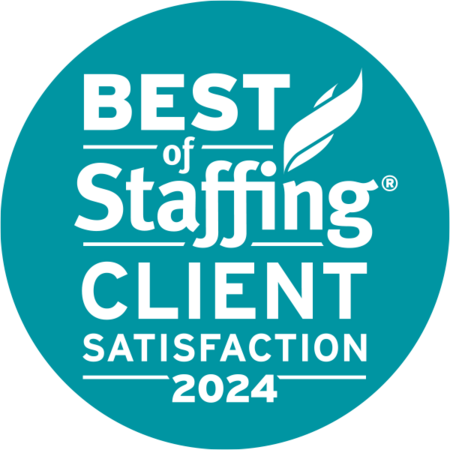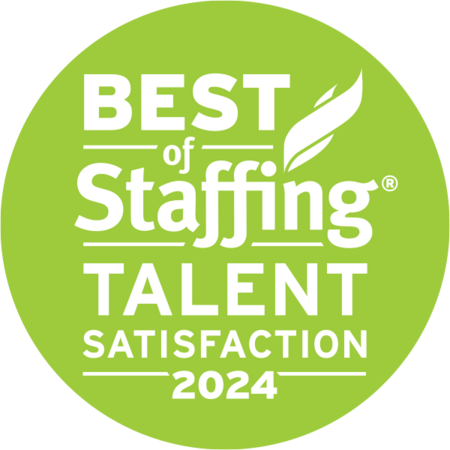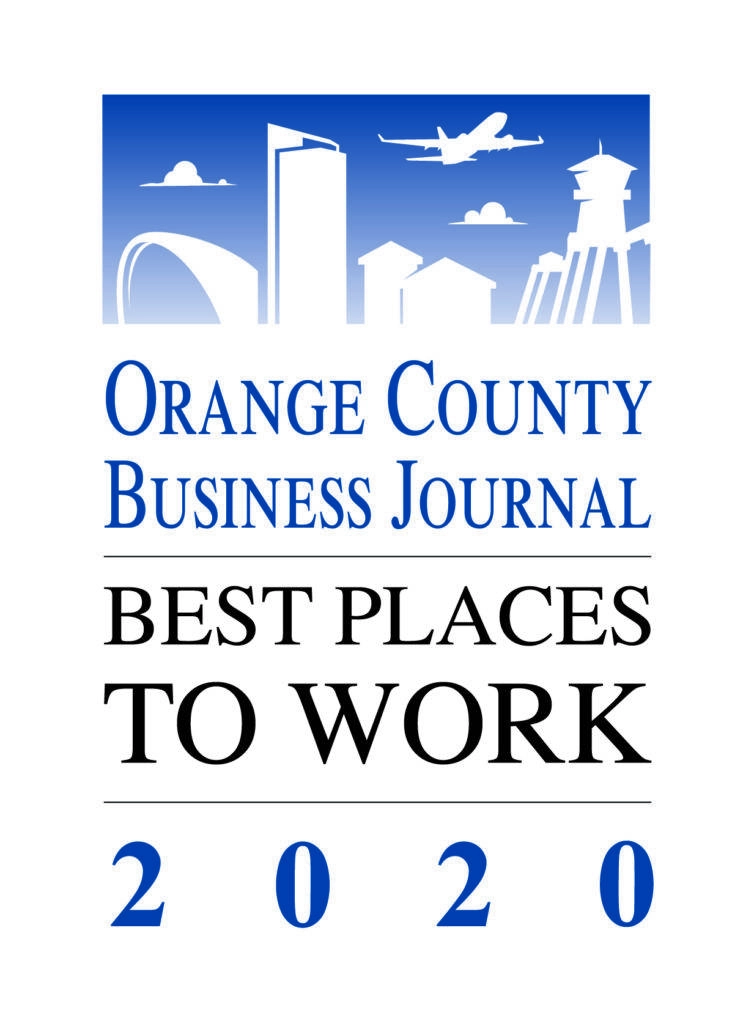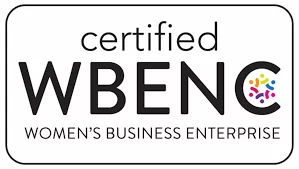Nearly everyone dreads the classic interview question: “What are your weaknesses?” or its variation “Tell me about a blind spot.” But with a little preparation your answer can give you an opportunity to turn the dreaded question into an opportunity to showcase your strengths — or at the very least highlight your motivation and determination for self-improvement.
Here are a few tips for talking about blind spots, weaknesses and challenge areas in a way that highlights strengths.
Understand why the question is asked.
Hiring managers ask this question for two reasons: 1.) to get to know you and 2.) to see how you handle tough questions. It demonstrates how comfortable you are in your own skin. It can also highlight that you’re confident enough to answer the question with integrity while also having the EQ and basic intelligence to not say something that immediately disqualifies you.
Identify your areas in advance.
Consider picking soft skills like public speaking or a technical area that you won’t directly be responsible for. If you’re applying for a management role, avoid saying you don’t know how to delegate — being able to assign and oversee work by others is precisely what you’re being hired to do!
Some good examples: 1) You’re going for a controller role and know you need to do a better job of staying on top of ever-changing tax laws. 2) You’re overly optimistic about the hours in any given day and sometimes aren’t realistic about how much you can get done in a day.
Pro-Tip: If you feel comfortable, start with some humor… “My dance moves need some help, but in all seriousness….” An opening like this can lighten the mood and dilute the focus on any perceived weakness.
Speak honestly and humbly.
No one is perfect. Your interviewer doesn’t expect to find the perfect candidate because that person doesn’t exist. But she or he is looking for someone who can truthfully explain past obstacles and how you surmounted them. Authenticity goes a long way in acknowledging limitations. So be genuine in your response.
Focus on key learnings and growth.
The best response to this question focuses on key insights learned. Explain how you grew and share the new skills that were gained. Emphasizing your growth trajectory shows the hiring manager your problem-solving skills and how you might react under pressure.
Tell a story.
Share a real-life concreate example. It’s critical to be genuine rather than generic with this answer. Set the stage by explaining how the problem presented itself, the steps you took to resolve the issue and the positive outcomes or results, which includes those key learnings.
Keep it short.
You do not need to spend a lot of time talking about limitations. Your response should be brief, well-articulated and planned in advance. There’s no need to rattle off a long list of shortcomings. Discussing two weaknesses (and no more) is sufficient for any interview.
Sample Responses
“Working in the office for 15 years, I had little experience collaborating with virtual teams prior to the pandemic, and I had to acclimate to online collaboration tools and platforms. But I participated in trainings with my manager and IT department, signed up for additional tutorials on my own and now help manage some of our largest clients who still have remote work policies in place.”
“I’m very comfortable with small-group discussions and presentations but would love to get better at public speaking with larger groups.”
Looking for a new job or preparing for an interview? Alliance Resource Group can help!





